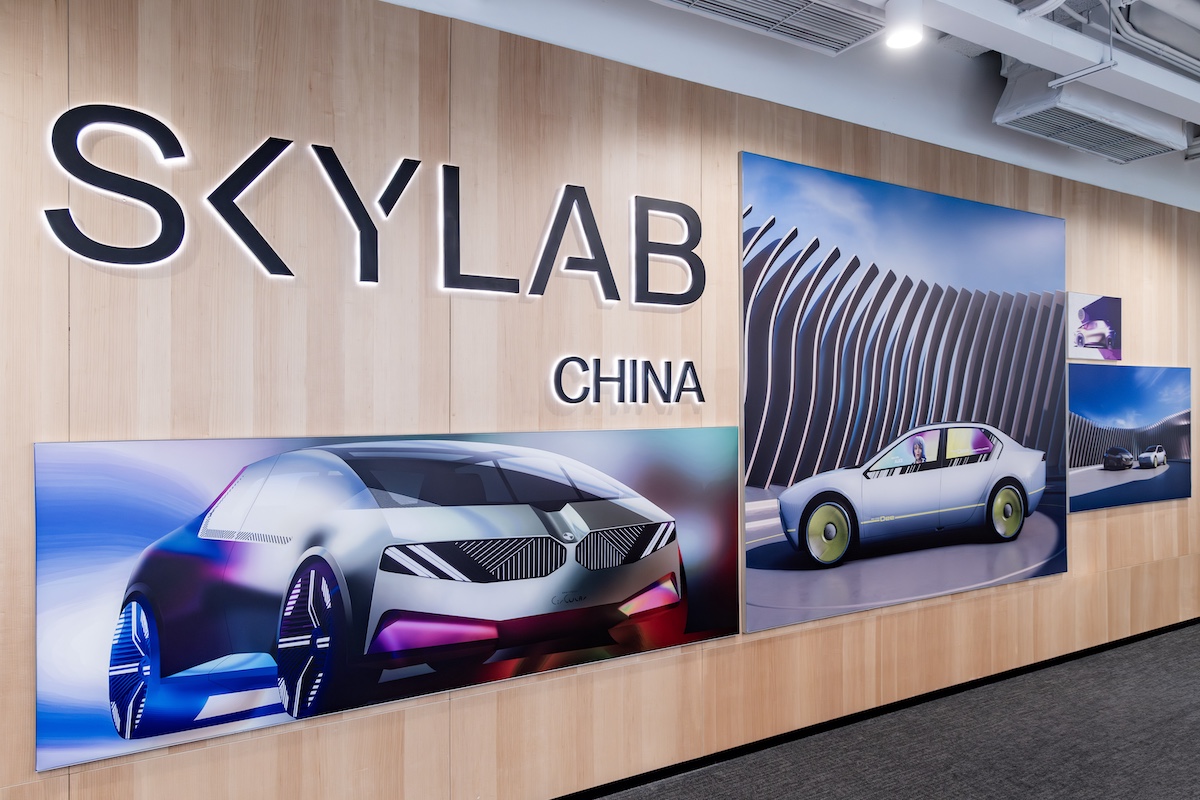BMW’s 13% sales decline in mainland China last year is not only a warning signal but also highlights the gap between its products and local consumer expectations. For Alibaba, this partnership marks a major implementation of its AI transformation strategy. Zebra Network, the in-car system brand co-founded by Alibaba and SAIC, is supported by Alibaba’s large language model "Tongyi Qianwen," a core product in its AI model competition.
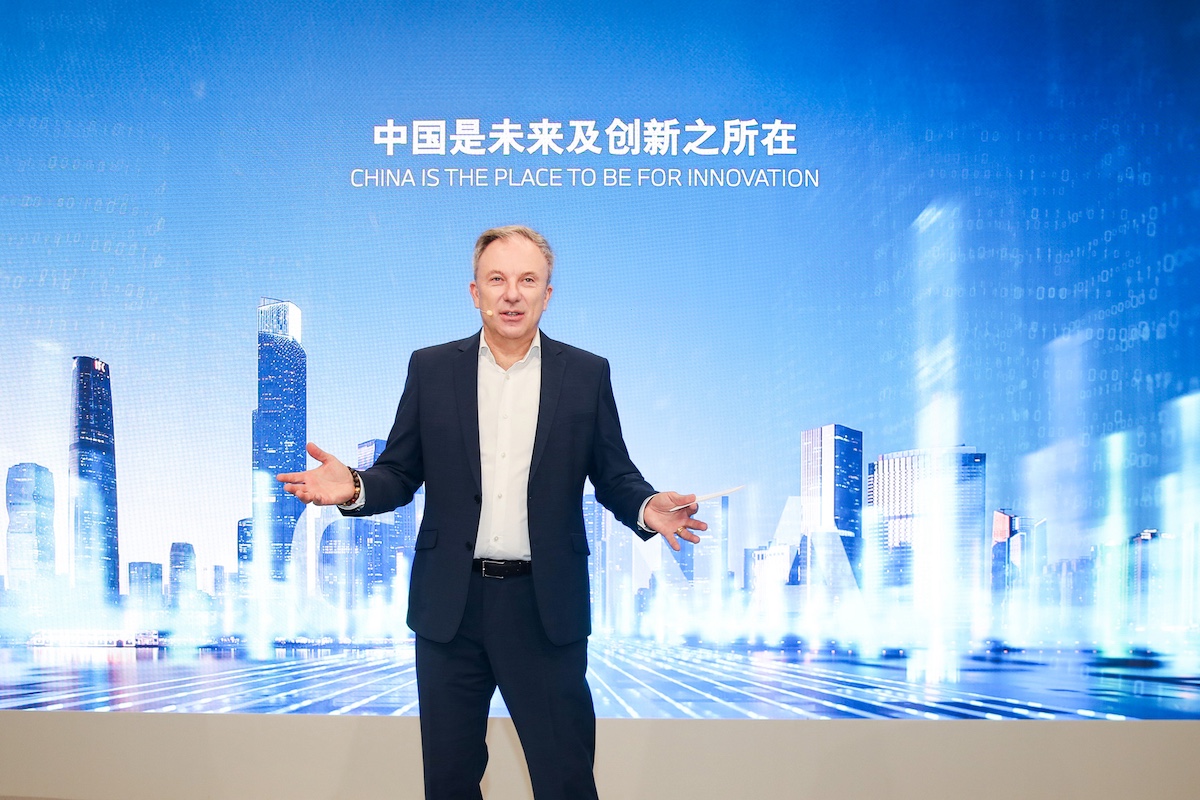
Through its partnership with BMW, Tongyi Qianwen is both commercializing its AI technology and solidifying its position in the smart cockpit and automotive voice control market. Notably, Tongyi Qianwen has already been adopted by several Chinese automakers, including XPeng, Zeekr, and Leapmotor, indicating its growing technological maturity and scalability.
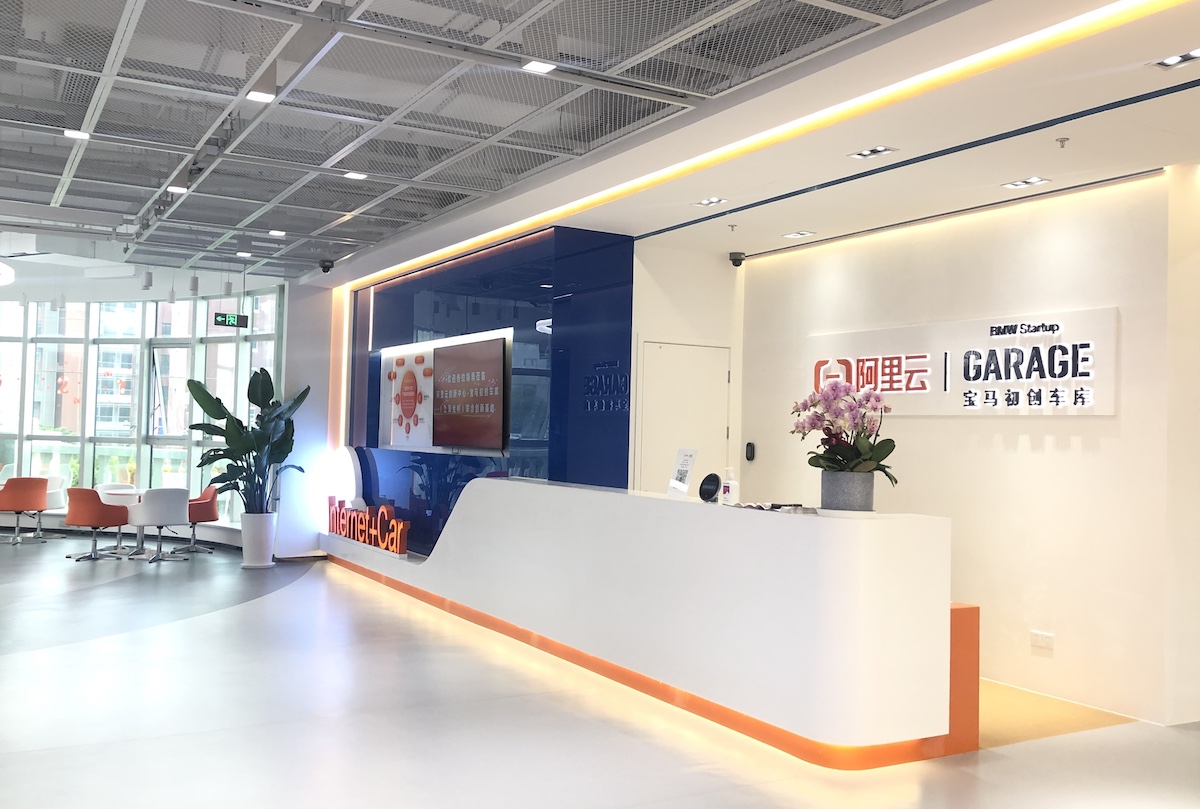
Beyond BMW, other German automakers are also actively responding. For example, Mercedes-Benz is investing in Chinese startup Momenta to enhance its autonomous driving capabilities. Meanwhile, Volkswagen is collaborating with Chinese firm Horizon Robotics and U.S.-based Rivian in hopes of compensating for its long-standing weaknesses in software development.
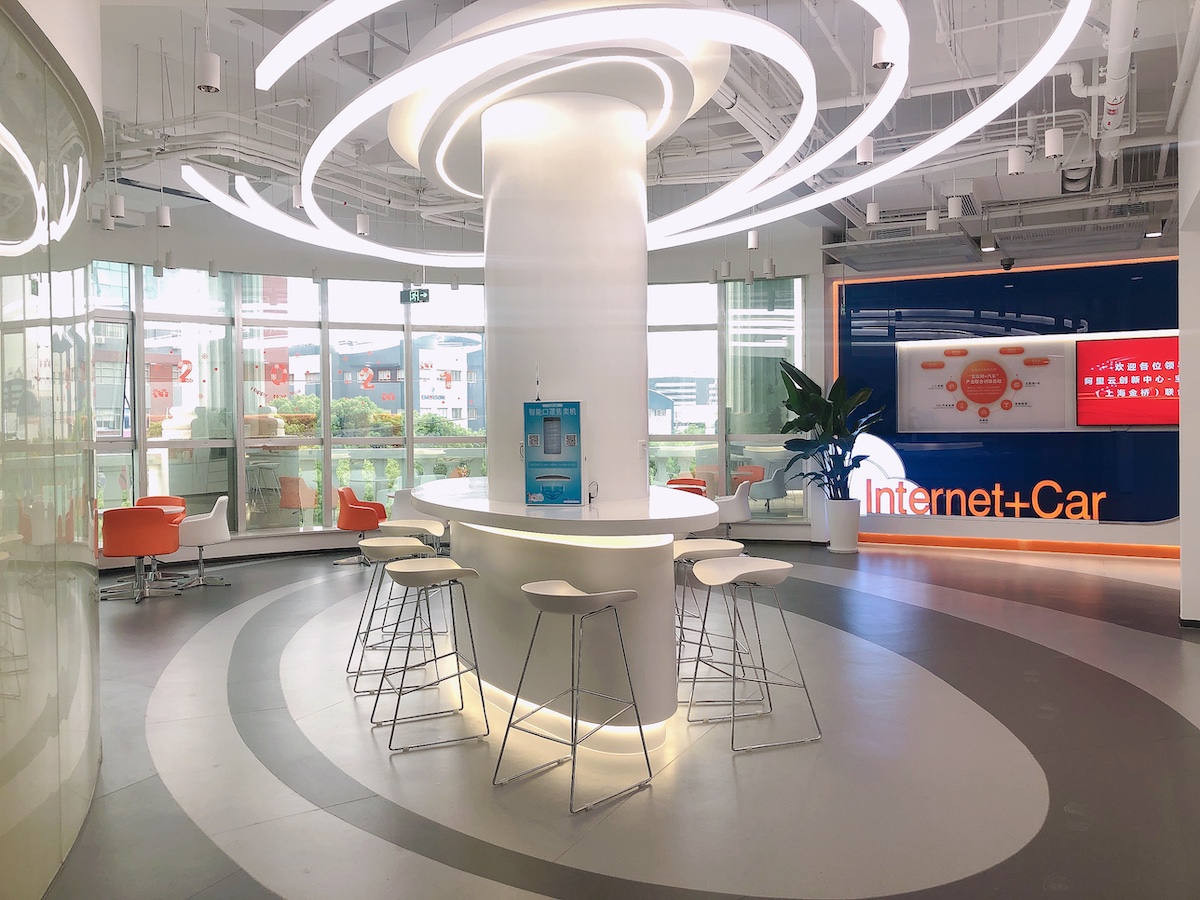
The BMW-Alibaba collaboration is a microcosm of the fusion between technology and manufacturing, and it signals the beginning of a power reshuffle in the automotive industry. After electrification, the next wave will be decided by software. Those who control algorithms and data will hold the keys to the future car market.
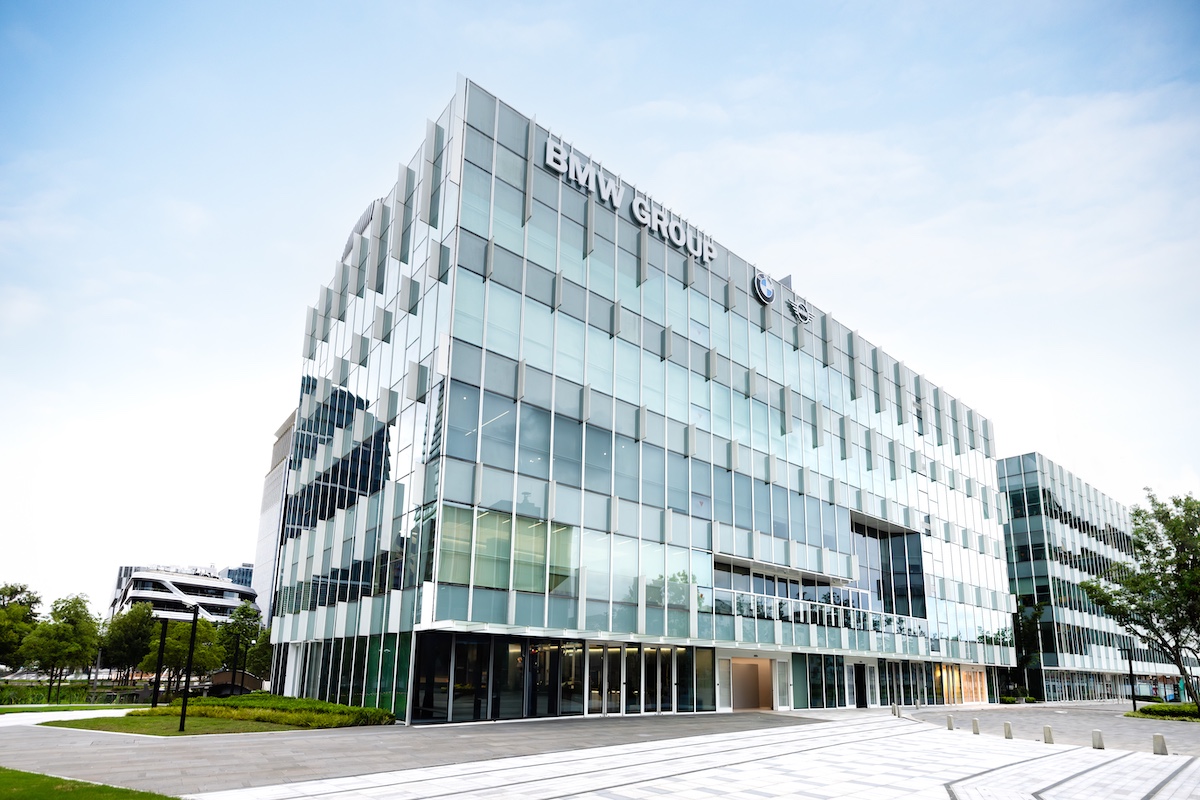
BMW’s choice to partner with China’s AI technology reflects an acknowledgment that, beyond being a manufacturing powerhouse, China is also the core battlefield of digital innovation. And Alibaba, through repeated cross-industry collaborations, is pulling AI down from the cloud into the real world.
